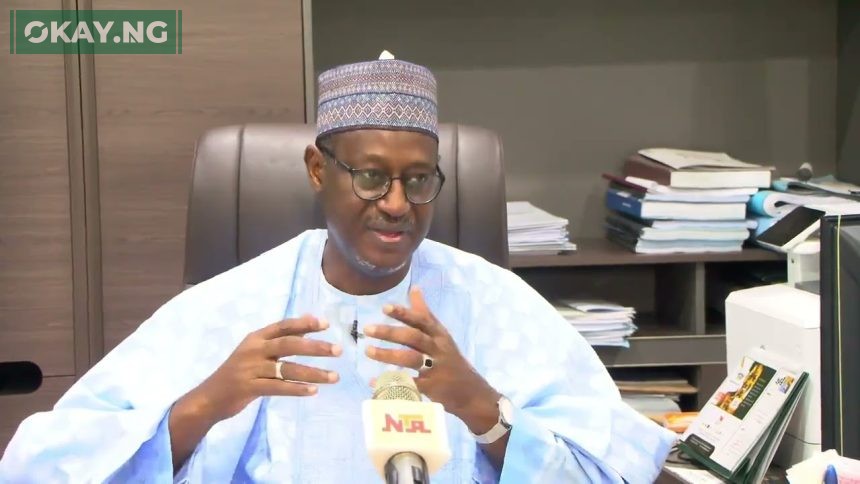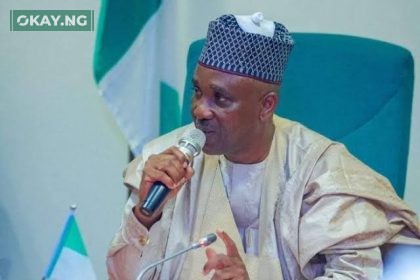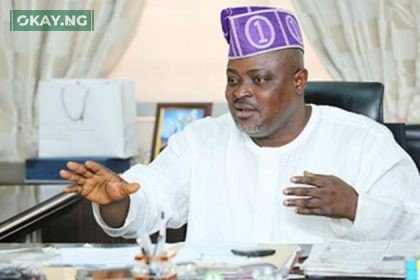The National Assembly has approved a N50 billion increase in the 2025 budget allocation for the Federal Ministry of Housing and Urban Development, signalling a renewed commitment to addressing the nation’s housing deficit. This reversal of an earlier proposed reduction by the Budget Office comes as welcome news to stakeholders and offers a glimmer of hope for a sector long plagued by underfunding and neglect.
“This substantial increase underscores the government’s dedication to the Renewed Hope Agenda,” stated Arc. Ahmed Musa Dangiwa, Minister of Housing and Urban Development, during a stakeholders’ retreat in Lagos. “It will significantly enhance our capacity to execute key projects, create much-needed jobs, and address inherited liabilities, ultimately contributing positively to the overall economy.”
The additional funds, bringing the Ministry’s total allocation to N148,129,466,213, are earmarked for critical initiatives, including the completion of 10,112 housing units across 14 active construction sites. Furthermore, the increased budget will bolster the National Land Registration and Titling Programme, a collaborative effort with the World Bank designed to streamline property ownership and attract investment. This initiative aims to simplify the often-complex process of land acquisition, fostering transparency and boosting investor confidence in the sector.
“We have witnessed a period of neglect in the housing sector,” Minister Dangiwa acknowledged. “However, I assure you of my unwavering commitment to working closely with the National Assembly and other relevant bodies to ensure the successful implementation of our initiatives.”
This budgetary boost is not merely about bricks and mortar; it’s about people. Access to safe and affordable housing is a fundamental human right, and this increased funding has the potential to improve the lives of countless Nigerians. It can stimulate job creation within the construction industry, empower local communities, and contribute to broader economic growth. As Senator Aminu Waziri Tambuwal, Chairman of the Senate Committee on Lands, Housing, and Urban Development, emphasised, “Continued funding is crucial for driving progress in this vital sector.”
Read Also: MOFI Launches N100 Billion Series 2 Real Estate Fund, Opens Doors to Private Investors
The National Assembly’s decision reflects a broader understanding of the interconnectedness of housing with other sectors. Hon. Abiante Awaji, Chairman of the House Committee on Regional Planning and Urban Development, highlighted the need for a multi-sectoral approach, including the reintroduction of technical education to develop the skills necessary for a thriving construction industry.
The initial 2025 budget proposal by President Bola Tinubu allocated N98.1 billion to the Ministry of Housing and Urban Development within a N49.7 trillion overall budget. However, the Nigerian Senate, under the leadership of Senate President Godswill Akpio, recently passed an amended N54.99 trillion appropriation bill, citing new revenue inflows as the rationale for the increase. This upward revision allowed for the additional N50 billion allocation to the housing sector, demonstrating a proactive approach to fiscal planning.
While the increased funding is certainly a step in the right direction, sustained commitment and effective implementation will be key to realizing the full potential of these investments. The Ministry’s collaboration with the World Bank on the land registration program, coupled with the National Assembly’s support for recapitalising the Federal Mortgage Bank of Nigeria (FMBN) and reinstating the Federal Housing Authority (FHA) in the federal budget, suggests a holistic approach to addressing the complex challenges facing the housing sector. It is a welcome development that offers a much-needed injection of hope for a more prosperous and inclusive future.












